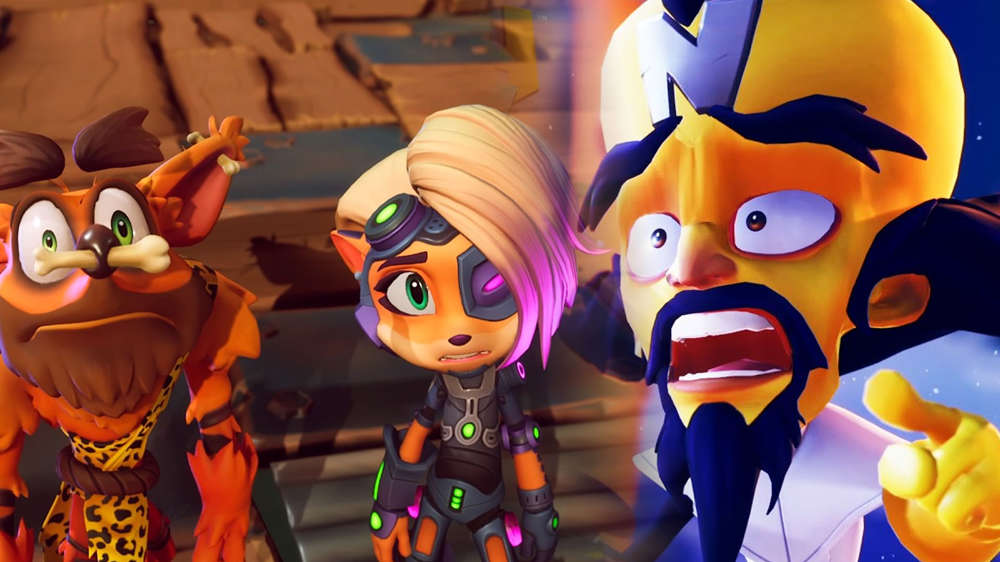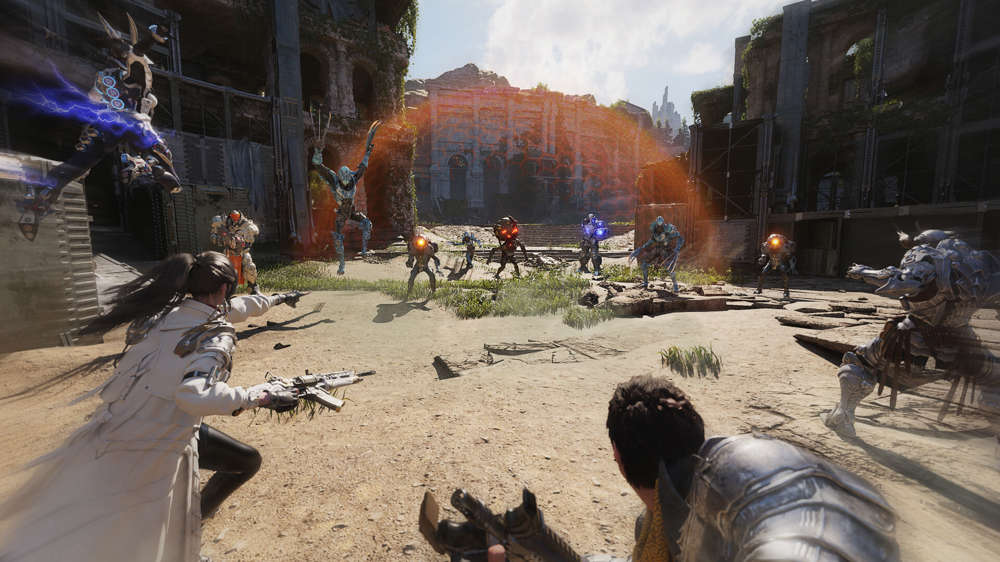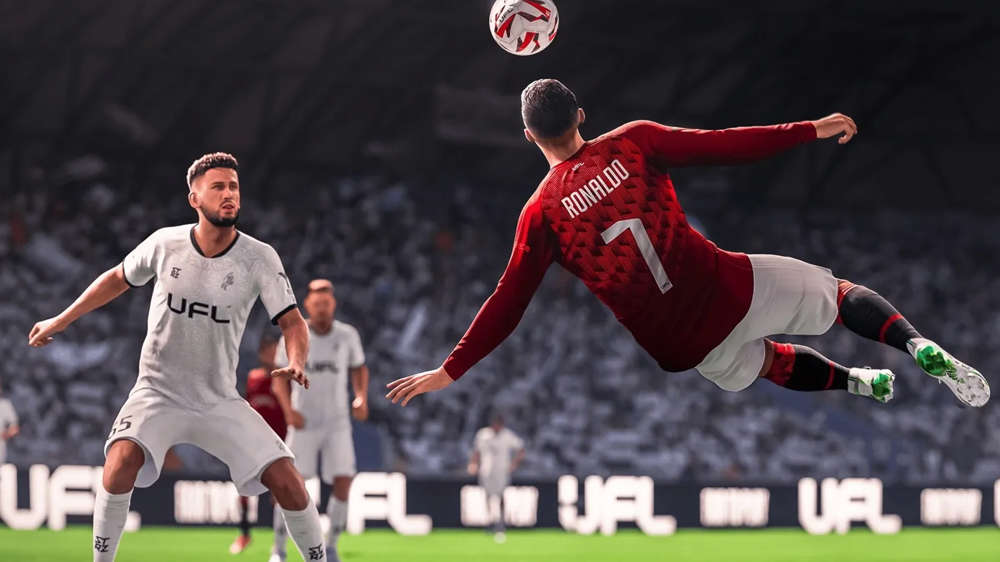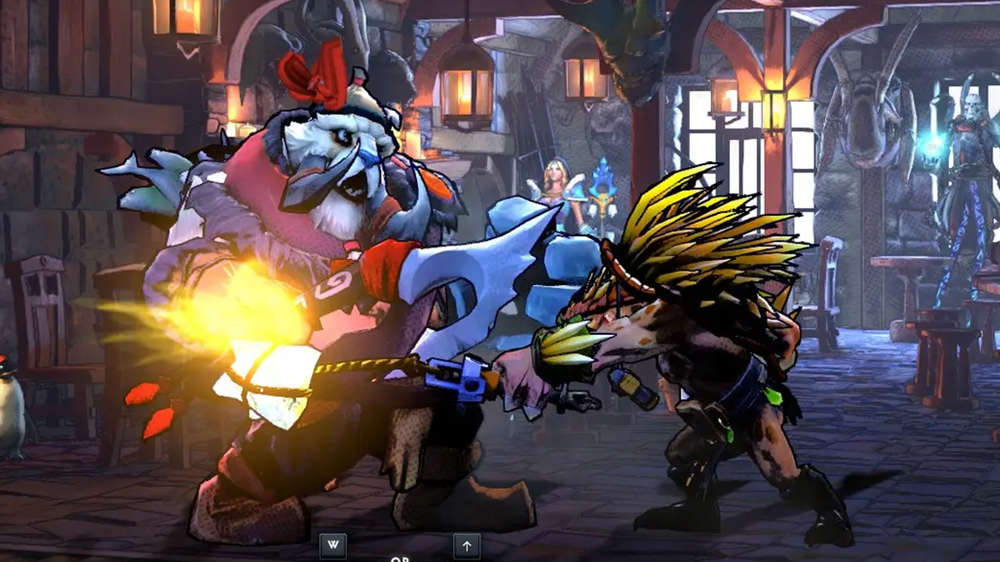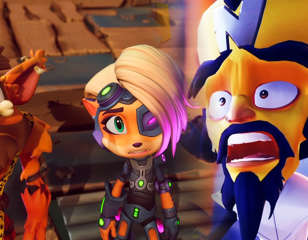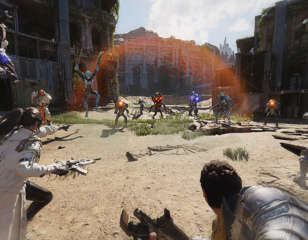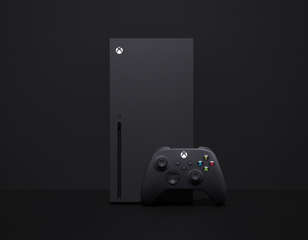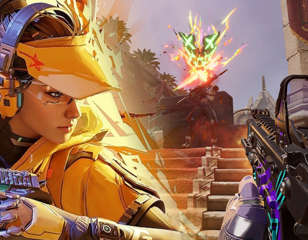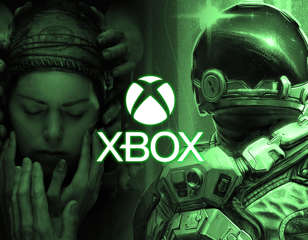Did 2023 open the floodgates for more consolidation in the video game industry?
Did 2023 open the floodgates for more consolidation in the video game industry? For all of the console tribalism, did it set an worrying precedent for the future?

Tarran Stockton
27th Dec 2023 14:30
Images via Microsoft | Activision
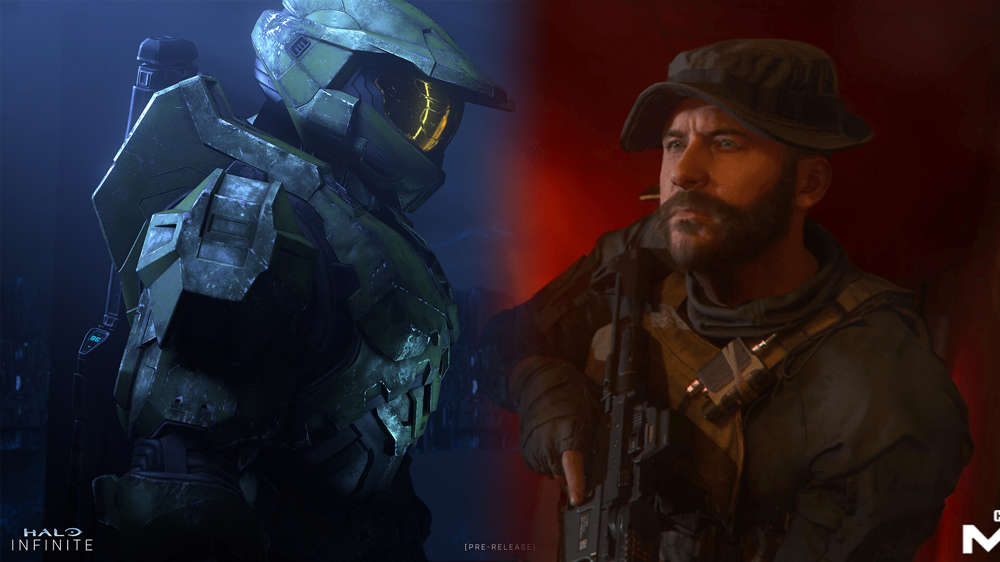
2023 was a notable for year for video games in a few major ways. On the positive side of things, we were inundated with great video game releases, with seemingly every month featuring a GOTY contender.
However, 2023 was also a much darker year for the industry. It was a year plagued with lay-offs that saw thousands of workers face unemployment, and the year that Microsoft purchased Activision-Blizzard - marking the biggest acquisition in video game history.
Mergers and acquisitions aren't exactly a new thing in the industry, with high profile sales like Origin Systems to EA in the 90s, or the Bandai Namco merger in the early 00s, but they are becoming bigger and more frequent than ever. Is this just a one-off, or a taster for what's yet to come?
M&A is all the rage

Since 2020, there have been 14 mergers or acquisitions in the video game industry valued at one billion dollars or more, in addition to 18 valued at 100 million dollars.
This is a massive rise, and a quick one, considering only five acquisitions had ever reached the big billion price tag in the entire history of gaming previously, beginning in 2005 with the merger of Bandai and Namco.
Now, outside of the obvious culprits of capitalism and corporate greed, there are some key reasons for this. Firstly, gaming is a bigger medium than ever and currently rakes in more money annually than the entire film and music industries combined.
Games are also costing more money than ever to make, requiring bigger teams and more specialised development roles.
And with the rising popularity of gaming streaming services, there's an arms race of sorts to collect the most intellectual properties and licences for existing game franchises. This allows companies like Microsoft or Sony to inflate their services with more games that they don't need to pay exclusivity deals for.
While for some companies, an acquisition gives them a safety net and the security to explore the projects they actually want to without risk of going under, for many, it's a signal of impending restructuring and layoffs or that they're about to be forced into making whatever the new parent company wants them to make.
For example, Bungie and Mediatonic are among two of the most high-profile companies that faced layoffs in 2023, and they were purchased by Sony and Epic Games respectively - two organisations that cleared 5 billion in revenue in the last fiscal year.
Is this the future of gaming?
On October 13, 2023, when Microsoft's application to purchase Activision-Blizzard was finally approved and the biggest deal in the history of gaming went through, it signalled just how okay the industry is with an increasingly narrow future of corporate consolidation.
Some gamers celebrated as more games would be coming to Games Pass, while others rejoiced at the idea of Microsoft potentially reviving some long-dead, obscure franchises forgotten by Activision. Some saw it as their team winning the eternal console wars, and many just didn't care at all.
It's naive to expect the Microsoft and Activision-Blizzard to be some sort of one-off event, and while we may not see any acquisitions with a similarly big price tag for a while (there are only so many companies that could demand that kind of money) expect 2024 to keep the ball rolling.

About The Author
Tarran Stockton
Tarran is a Senior Guides Writer at GGRecon. He previously wrote reviews for his college newspaper before studying Media and Communication at university. His favourite genres include role-playing games, strategy games, and boomer shooters - along with anything indie. You can also find him in the pit at local hardcore shows.
